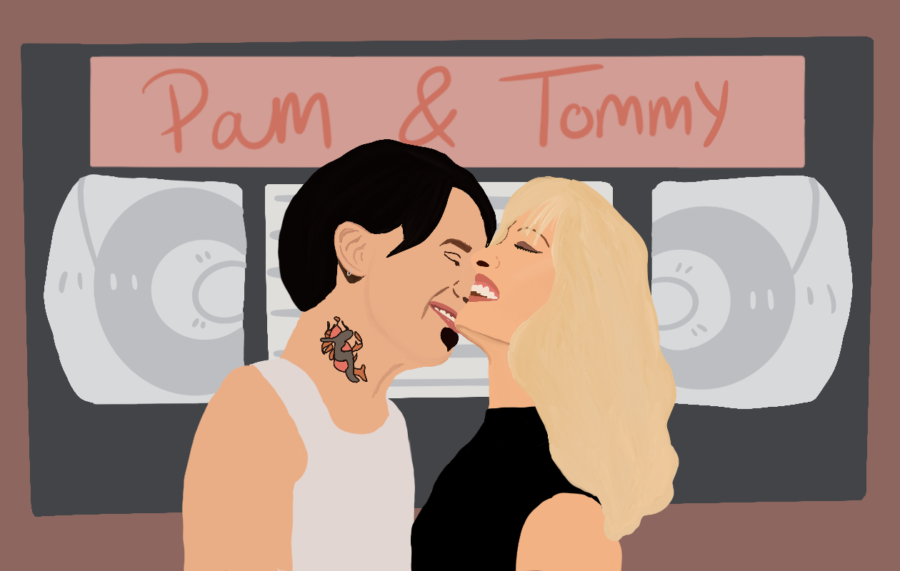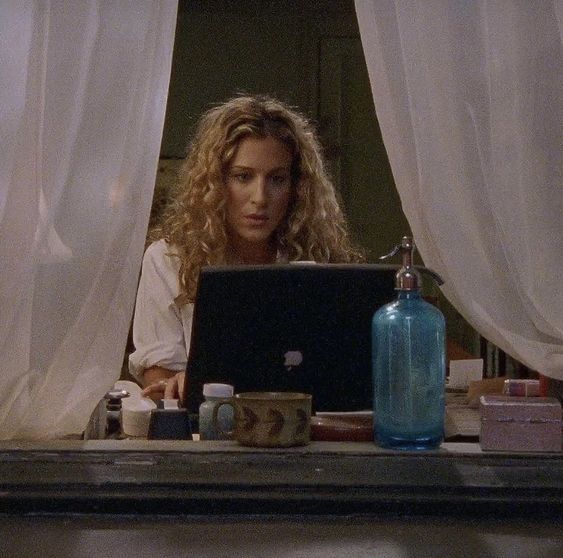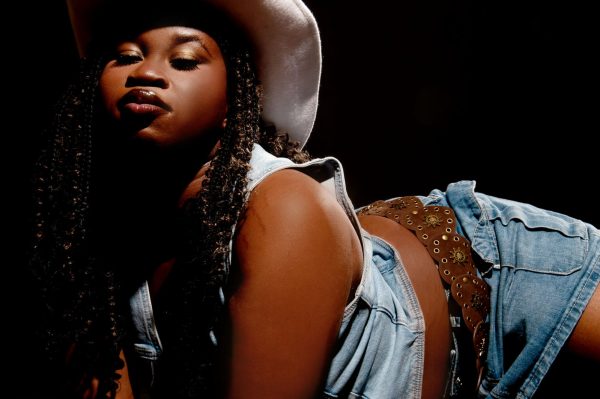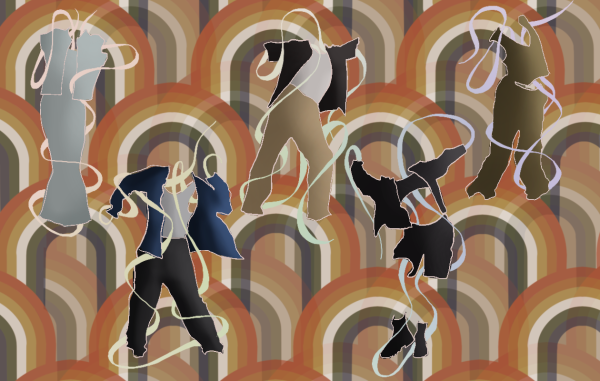the ‘pam & tommy’ issue; how the controversial show exposed the problem with biopics
What happens when you make a show in someone’s honor, but don’t have their blessing? After radio silence from Pamela Anderson, many are boycotting Hulu’s new show “Pam & Tommy”, based on the infamous release of the couple’s stolen sex tape in 1995.
Before Kim Kardashian, there was Pamela Anderson. The “Baywatch” star and then-husband, Mötley Crüe drummer Tommy Lee, were two iconic figures of the ‘90s that were further catapulted into infamy after their self-recorded home video was the first sex tape to go viral. At the time, many were quick to slut-shame and objectify Anderson, whose dream of a serious acting career was doomed after the tape’s release. However, now their story is being told in a way that portrays Pamela Anderson as the victim of the double-standards women have faced throughout history.
While the story is now told from a feminist perspective, many people have taken to social media and expressed their grievances about the show being created in the first place. Although Tommy Lee has stated that “people need to know” what occurred, there has not been similar support from Pamela Anderson. It is unclear whether Anderson was explicitly against the show’s existence, but she has no direct involvement with the show and declined the showrunners’ attempts to contact her. Lily James, who portrays Anderson, stated in a Net-A-Porter interview that her “sole intention was to take care of the story and to play Pamela authentically” and that she “was really hopeful that she [Anderson] would be involved”. James has been praised for her portrayal of Pamela and has made remarks about the show’s importance in changing the narrative of past controversies in today’s #MeToo era. “Women in the public eye at some point experience some sort of difficult situation in that relationship between privacy and your life being in the tabloids… It was a lot. It’s a story as old as time,” James said in a recent Rolling Stone interview.
This controversy brings a vital question; how can you make a feminist show if it forces a woman’s painful experience back into the public eye? It seems like an oxymoron. Despite the show finally giving Anderson the recognition and sympathy she deserves, it also tells the story of a tumultuous time in her life, and to a whole new audience. In fact, most of the show’s younger audience weren’t alive when the sex tape was released and wouldn’t have known about it if it weren’t for the Hulu show. Anderson and Lee’s troubled relationship is also a potentially triggering topic, many critics of the show are quick to point out.
Social media platforms such as TikTok have been major forums for public discourse following the show’s release, highlighting both the positive and negative aspects of “Pam & Tommy”. While some are avidly against the show and some are in support of it, there is a large gray area that exists. Senior public relations major Leah Amato said, “As a whole, I don’t really understand why they made it [the show]. I know there’s controversy… would you want your sex tape to be portrayed in a T.V. show after it was leaked years ago? It’s probably hard to relive that kind of trauma.” However, Amato also acknowledges that “in terms of characters, they did an amazing job with Pam.” On the other hand, junior fashion merchandising major Laynie Oettinger remarked that she will not be watching the show due to the fact that the showrunners did not get Pamela Anderson’s consent, especially since the content is surrounding a particularly traumatic part of Anderson’s life.
“Pam & Tommy” isn’t the only biopic to come under fire lately. Long-time feel-good staple “The Blind Side” has been condemned for its white saviorism approach, while the Gucci family slammed the Oscar-nominated “House of Gucci” film for its “extremely painful” portrayal of their family members. The 2018 film “Bohemian Rhapsody” has also been criticized for its failure to accurately portray Freddie Mercury’s fluid sexuality. Critic Sheila O’Malley writes that “‘Bohemian Rhapsody’ is bad in the way a lot of biopics are bad: it’s superficial, it avoids complexity, and the narrative has a connect-the-dots quality.”
O’Malley’s comment perfectly encapsulates the issue presented with biopics; at their core, they are always controversial because they show the life of a real person through only a single lens. Whether positive or negative, someone’s entire life is at the liberty of the showrunners, their entire story being altered to fit a narrative determined by the producers and those in the writer’s room. It’s impossible to fully understand someone’s experience if audience members are only seeing it through one perspective. Biopics consistently fail to encapsulate the complicated intricacies of the human experience, leaving viewers with an incomplete story.
This doesn’t necessarily mean that biopics shouldn’t exist; they are a large part of how society today learns from the past and gives us insight into the struggles and triumphs of past icons. However, it does raise awareness for audience members to understand that there are real people and real families who are directly impacted by the release of these kinds of films and shows.
Support Student Media
Hi, I’m Grace Avery, the Editor In Chief of A Magazine. My staff and I are committed to bringing you the most important and entertaining news from the realms of fashion, beauty and culture. We are full-time students and hard-working journalists. While we get support from the student media fee and earned revenue such as advertising, both of those continue to decline. Your generous gift of any amount will help enhance our student experience as we grow into working professionals. Please go here to donate to A Magazine.











